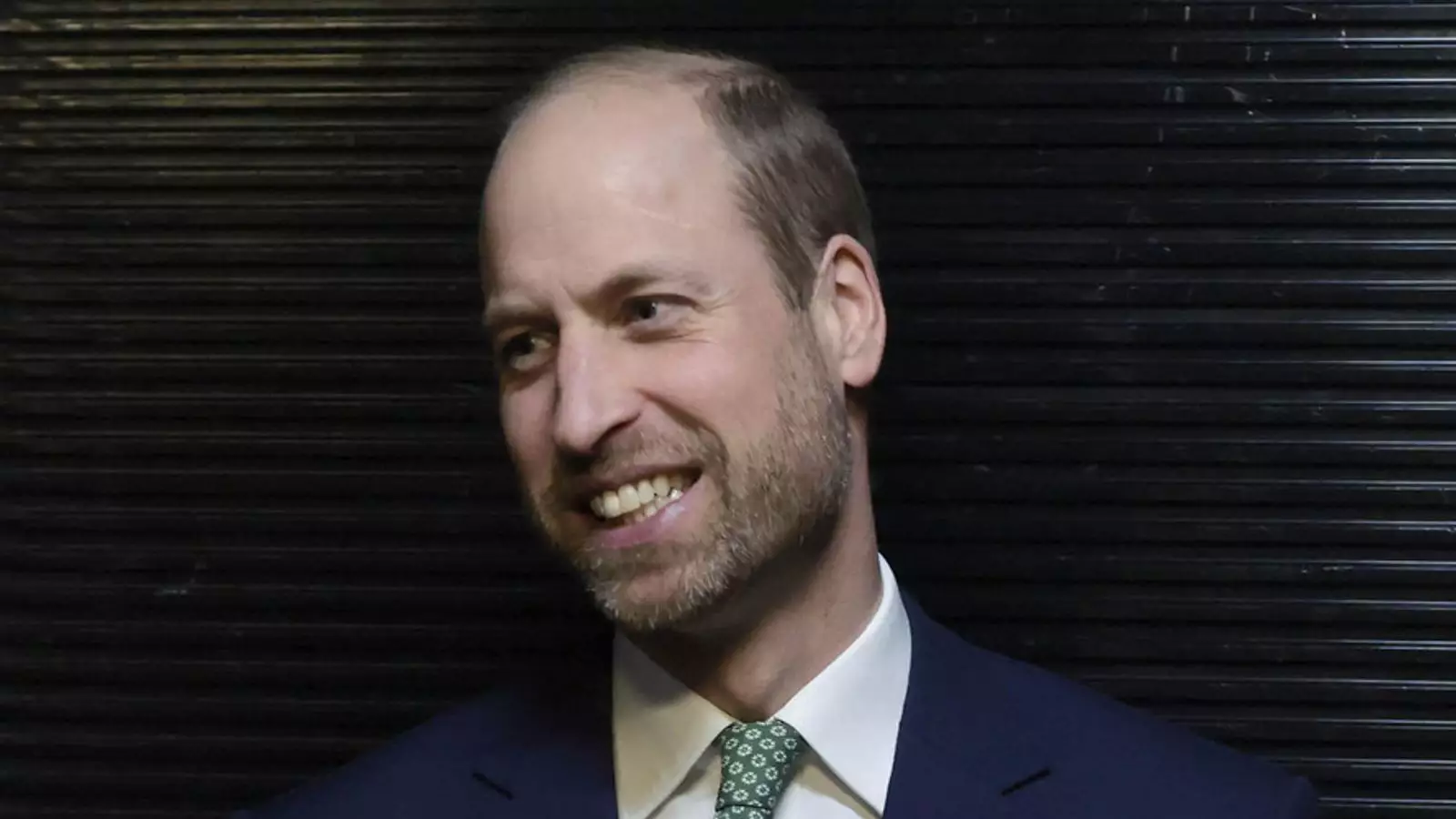Prince William, the Prince of Wales, has made waves during his recent tour in South Africa, where he presented a robust and intriguing vision for the monarchy. His comments suggest he is striving for a refreshingly modern approach that emphasizes empathy and social impact rather than tradition alone. With a focus on doing his royal engagements “differently,” William is signaling potential changes in how the British royal family engages with society.
In his candid reflections, Prince William’s notion of serving with “a smaller R in the royal” resonates deeply in today’s socio-political climate, where many individuals seek more authentic leadership. By prioritizing “impact philanthropy, collaboration, and empathy,” he effectively communicates a desire for the monarchy to be more accessible and relatable to the populace. This approach appears not merely as a rebranding of royal duties but as a fundamental shift in perspective—an acknowledgment that the challenges faced by people worldwide require leaders who listen and engage with compassion.
William’s phrasing invites scrutiny about what it means to be royal in contemporary society. Historically, the royal family has been seen as distant and ceremonial, but his initiative may pave the way for a future where the monarchy serves as an active force for good. Through his dedication to causes such as environmental sustainability and homelessness, the prince outlines a clear vision wherein royal involvement tangibly improves lives. By advocating for collaboration among various sectors—government, private, and nonprofit—he hints at a model of governance and societal involvement that transcends traditional boundaries.
The past year has been characterized as “brutal” by Prince William, an admission that carries both vulnerability and strength. With the diagnoses of cancer affecting his wife, Kate Middleton, and father, King Charles III, this personal turmoil undoubtedly shapes his perspectives and priorities. Such experiences serve not only as a backdrop to his philanthropic efforts but also add gravity to his call for empathetic leadership.
Leadership is often discussed in terms of authority and governance, yet William emphasizes emotional intelligence and understanding as vital traits for overcoming contemporary challenges. The prince’s willingness to share his hardships may bolster public perception of the royal family, revealing not only the human side of monarchy but also conveying a sense of responsibility for others experiencing similar hardships.
As he embarks on a journey that includes projects like the Earthshot Prize and potentially more international engagements, Prince William also hints at integrating his family into his vision. His hopeful comments regarding Kate accompanying him on future tours signal a collaborative royal effort that could further humanize the monarchy. However, he remains mindful of family priorities, particularly the education of their children. This balancing act between duty and family reflects a modern understanding of leadership—acknowledging that personal and professional commitments can coexist harmoniously.
William’s remarks on his upcoming projects illustrate a proactive approach to royal duties, aiming to create a legacy that aligns with his values and those of younger generations. By fostering a sense of community and encouraging public engagement, he illustrates a likely departure from conventions that have historically governed royal responsibilities.
Prince William’s reflections during his South Africa tour appear to encapsulate a pivotal moment for the British monarchy as it seeks to redefine its role within a rapidly changing world. His advocacy for a more empathetic and impactful royal presence speaks to a generation eager for authenticity and connection in leadership. As he navigates these complexities, William stands at a crossroads, presenting an opportunity not just for personal growth and healing but for the evolution of the monarchy itself. Through empathy, collaboration, and commitment to change, he is poised to reshape the royal narrative and inspire a brighter, more inclusive future for the institution.


Leave a Reply